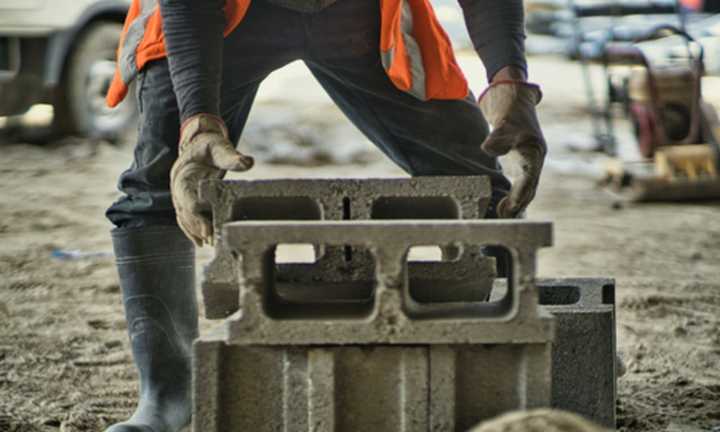The study, published in the journal of Human Reproduction, asked participants, who were all male partners in couples seeking infertility treatment at a fertility center, to report information on the types and amount of physical labor they performed at their jobs from 2015 to 2019. Semen samples taken from participants were analyzed, and suggested that heavy lifting makes for better testicular function.
Of the participants, 12% reported often lifting or moving heavy objects at work and also had 46% higher sperm concentrations and 44% higher total counts than participants who reported never lifting or moving heavy objects at work.
As well as demonstrating benefits of physically demanding jobs, the study also revealed that men working evening or rotating shifts had increases in sperm count.
Men with more physically demanding jobs had higher levels of testosterone, the study showed, but also had higher levels of estrogen.
“Contrary to what some people remember from biology class, ‘male’ and ‘female’ hormones are found in both sexes, but in different amounts. In this case, we hypothesize that excess testosterone is being converted into estrogen, which is a known way for the body to keep normal levels of both hormones,” said first author Lidia Mínguez-Alarcón in a press release.
The study's results matter for more than just people looking to improve their fertility, the study says. Semen quality had declined over recent decades, according to the study, and poorer semen quality is correlated with higher risks of common chronic diseases and mortality.
The study cannot generalize its findings to all men, since its sampled population was made up entirely of men in couples who were seeking fertility treatment.
The nature of any study relying on self-reporting is also subject to measurement error and misclassification, the study said.
Click here to follow Daily Voice Dorchester and receive free news updates.
